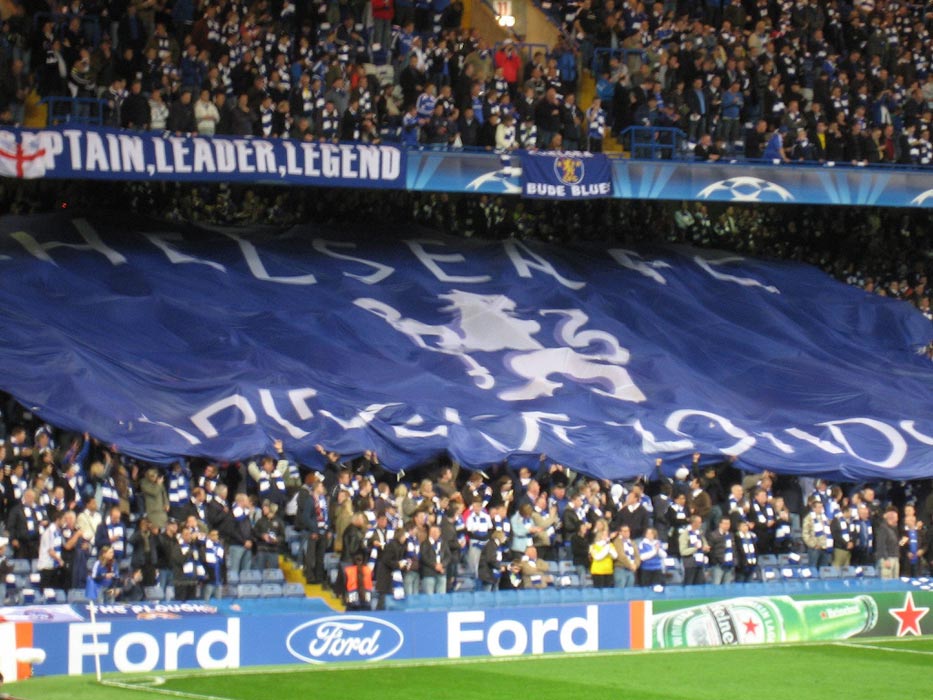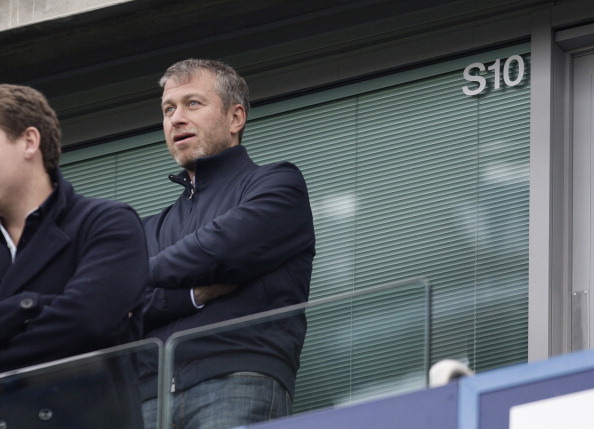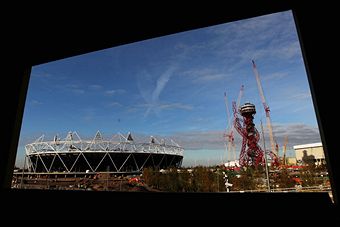By Andrew Warshaw at the Dolder Grand in Zurich
November 7 – Chelsea chief executive Ron Gourlay warned today that moving to a new stadium was “imperative” but that there was no chance of entering the debate to take over the Olympic arena in Stratford.
A week after the club failed in a proposal to buy back Stamford Bridge from the shareholders, Gourlay said the club faced a number of challenges but was determined to retain its status as one of the most successful brands in European football.
“We want to be number one but we have one of smallest stadiums in Europe,” Gourlay told the International Football Arena here.
“We have corporate hospitality that is second to none and 30,000 season ticket holders.

“But we have a stadium slightly larger than 40,000 which drops to 38,000 on Champions League nights.
“If we don’t find a solution we will get left behind.
“We have outgrown our stadium and tried every way possible to extend capacity.
“We need a 60-65,000 stadium.
“We have the eighth biggest stadium in England and the 61st biggest in Europe.
“But when you look at the activity of stadiums planned for next few years, we will fall out of top 75 which can only be restrictive to football club.
“We would never, however, consider the Olympic Sadium.
“It’s just too far away from our fans.
“Our hetitage is in South-West London.”
In a wide-ranging address to the conference, the final session of the first day of the two-day conference, Gourlay stressed the importance of tapping wealthy markets like Asia in order to increase Chelsea’s brand awareness and drive up revenues.
Repeating the declarations of former Chelsea chief executive Peter Kenyon that the club wanted to become the number one brand in the world, he said success on the field and overseas popularity went hand in hand.
“We are very proud to be considered among the elite but unfortunately we have failed to win the Champions League,” Gourlay said.
“When you talk about football clubs, you have to talk about businesses.
“Fans see them as football clubs, sponsors see them as brands.
“That’s the way we have to operate.”
Chelsea , he insisted, would have few problems adapting to UEFA’s forthcoming financial fair play rules but conceded a delicate balance had to be struck for a club that lost £70 million last year and relies on being bankrolled by Russian billionaire Roman Abramovich.

“We are looking to reduce our costs and balance the books but we still have to produce a very strong team to compete at the highest level,” said Gourlay.
“I disagree with some aspects of financial fair play such as the fact that we have no debt as a club.
“But I do understand that the wider aspects of financial fair player can only be good for the game.
“It’s put real focus on how we run our businesses and the only way we can address financial fair play rules is to look at how we market ourselves on a global basis.
“This is where the real growth is going to come.”
Contact the writer of this story at zib.l1744089966labto1744089966ofdlr1744089966owedi1744089966sni@w1744089966ahsra1744089966w.wer1744089966dna1744089966

